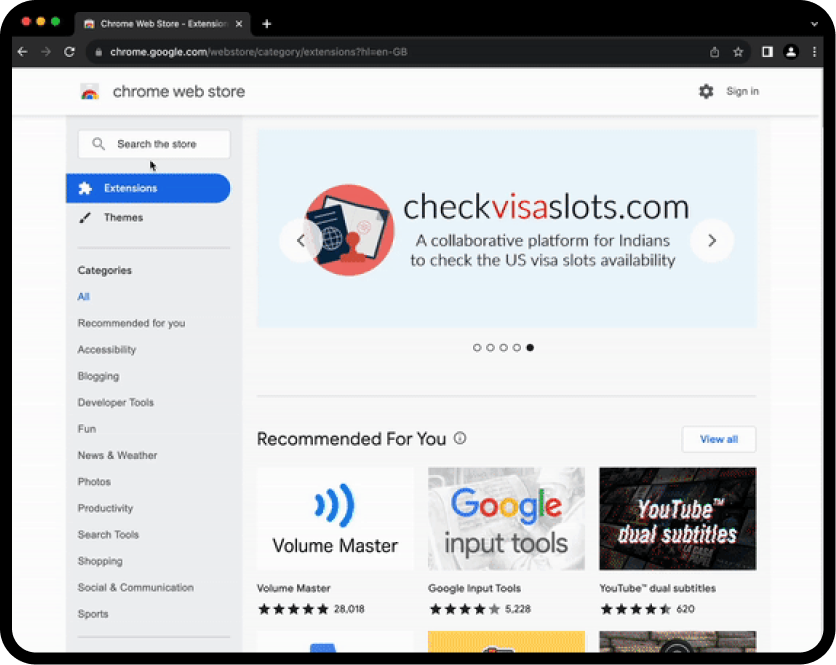Byte to String Converter
Convert raw bytes into readable strings for developers, testers, and data engineers, with encoding-aware decoding to validate data integrity.

Check It Yourself
About This Tool
This tool decodes arbitrary byte sequences into human-readable text by applying a chosen character encoding. It is designed for developers, QA engineers, data scientists, and security analysts who inspect binary payloads, logs, and protocol data. Conceptually, inputs are interpreted as bytes, then decoded into a string using the selected encoding; optional rules govern how invalid sequences are handled. The core value is enabling accurate verification of data integrity when binary data is embedded in protocols, exported logs, or file formats.
Core features include explicit input_format support (hex, base64, or raw), encoding choices (UTF-8, ASCII, UTF-16 LE/BE, UTF-32, and legacy encodings), an output that yields decoded_text and metadata such as length_chars and length_bytes, and error handling modes (strict vs lenient) with an optional replacement character. Use cases include decoding a hex dump from a network packet, validating a binary log export, or extracting readable strings from a forensic image. The tool emphasizes correctness and traceability: each decoded result is associated with the original byte length and the chosen encoding, enabling audits and reproducibility. Advanced users can feed the same byte sequence through multiple encodings to compare results, or provide a replacement_char to observe how invalid byte sequences affect output. Overall, the tool differentiates itself by robust input parsing (hex, base64, raw), explicit encoding control, and deterministic handling of decoding errors, which reduces guesswork during binary data analysis.
It benefits software developers, testers, data scientists, and security analysts who routinely work with mixed binary and text data and require reliable, repeatable decoding behavior.
How to Use
1. Provide inputs: raw bytes as hex, base64, or raw; 2. Choose encoding: UTF-8, ASCII, UTF-16 LE/BE, UTF-32, or legacy encodings; 3. Run conversion; 4. Review outputs: decoded_text, length_chars, length_bytes; 5. Copy or export results for downstream processes

FAQs/Additional Resources
Find Quick Answers
Which encodings are supported?
What happens with invalid sequences?
How are hex or base64 inputs handled?
Can I preview multiple encodings?
User Reviews
See What Others Are Saying
Explore Related Tools
More Solutions for Your Needs
Gson JSON Converter
Converts JSON to Java POJOs and vice versa using Gson, automating code generation, type mapping, and annotation usage for Java and Android projects.
GSM to MP3 Converter
A fast, web-based GSM to MP3 converter designed for audio professionals and casual users who need quick format migration.
Your Feedback Matters
Help Us to Improve

 Norwegian
Norwegian
 Danish
Danish
 German
German
 English
English
 Spanish
Spanish
 French
French
 Italian
Italian
 Dutch
Dutch
 Portuguese
Portuguese
 Swedish
Swedish
 Hebrew
Hebrew
 Arabic
Arabic









